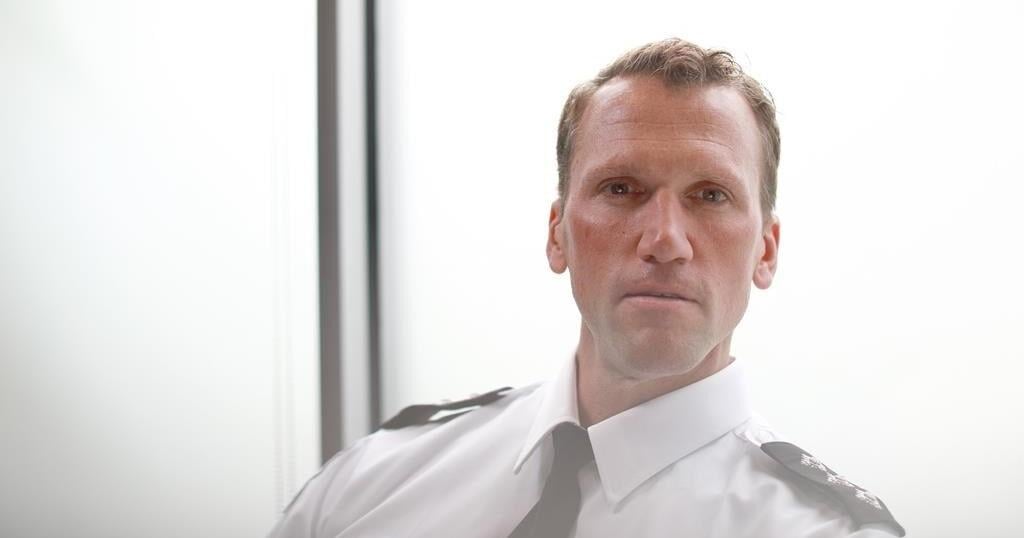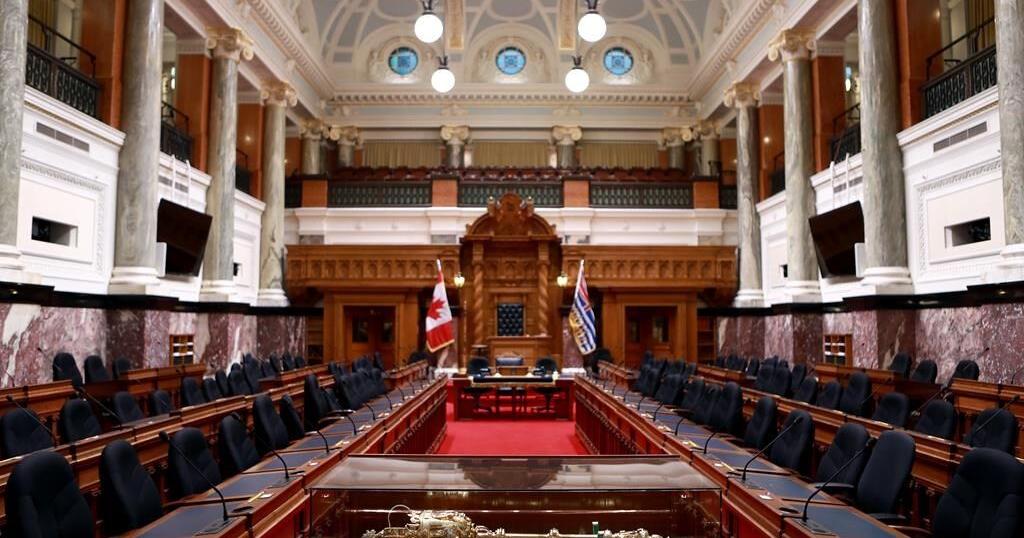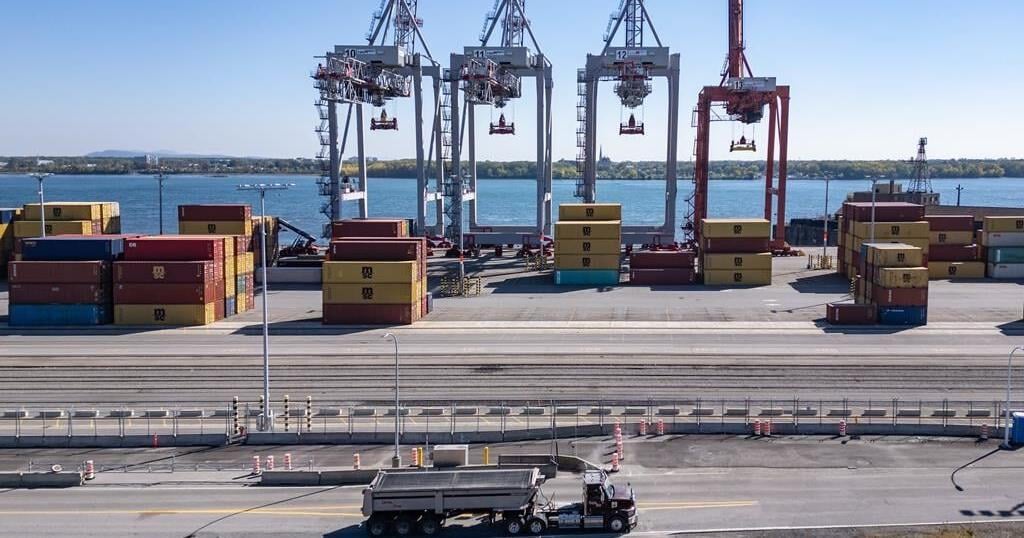SAANICH, B.C. – It could be a weekend teenage runaway. An elderly loved one, lost and disoriented. Or it could be the first indication of murder.
The first call to a police department to report a missing person sets in motion a series of investigative and public actions to find them, then, once found, protect their identity from becoming part of a permanent public record, said Insp. Drew Robertson of the Saanich Police Department.
The department that polices Greater Victoria’s largest municipality recently moved to exclude surnames from public alerts requesting help finding missing people, in a bid to avoid causing them future harm. In so doing, it joins a growing number of law enforcement agencies across Canada, and has drawn praise from British Columbia’s privacy commissioner.
Others, including the RCMP, continue to publicize surnames, citing a need for clarity.
“The vast majority of people reported missing to us, they come back to their lives and they carry on with school, with work, with family life, with new relationships,” Robertson said.
“We don’t want to create a permanent record for them that has a negative lasting impact.”
He said since Saanich police stopped including surnames in alerts last month, they have issued three requests for public assistance.
Robertson said it’s a small sample size, but in each instance the person was located.
“This change of practice is not (only) ours,” he said. “We noticed that some of the leading agencies in Canada had embarked on this change. We’re aware that it’s a much more common practice in Europe.”
The Toronto and Calgary police services moved to first-name-only missing persons reports earlier this year.
“The long-lasting impact of having a full name published on social media can last forever and to ensure the well-being of those located safe, we will only be issuing social media posts with first names and descriptors and photos,” said Calgary Police Const. Raeann Watson in a video on the force’s account on X, formerly Twitter.
“Sadly, not all missing persons return to their families and loved ones,” she said. “To ensure grieving families and friends can share the information on their own terms, moving forward all missing persons updates will only include whether they were located.”
The shift has the support of B.C.’s information and privacy commissioner.
Michael Harvey said he’s pleased the evidence shows police can solve cases under the first-name policy, while also protecting privacy.
“Trying to get that, as we might say, toothpaste back into the tube, that information gone after it’s achieved its intended purposes, can be quite difficult,” he said.
Harvey said while many individuals and families would support police efforts to locate them or loved ones, “they would also be very appreciative if they could be forgotten.”
The Victoria Police Department moved to first-name-only alerts late last year, said communications co-ordinator Griffen Hohl in a statement.
Victoria police data from April 1 to June 30 shows the department received 301 missing person files, all of which were resolved, he said.
“Having your full name published on the internet can have long-lasting impacts, so in consultation with our missing persons co-ordinators, we switched to only issuing a missing person’s first name, descriptors and photo to ensure the well-being of those located safely,” said Hohl.
Meanwhile, RCMP Cpl. Alex Berube, B.C.’s Island District communications spokesman, said the Mounties still publish first and last names when issuing missing persons reports.
“First and last names can provide clarity as to who we are looking for, especially when descriptions or even first names are the same,” he said in a statement. “Last names have also provided clarity to businesses who may have dealt with the individual.”
Berube said the RCMP in British Columbia take steps to limit potential privacy impacts of the missing persons reports by removing public news releases when a situation is resolved and deleting social media posts.
Last year, the Federal Court of Appeal opened the door for people in Canada to have their names made unsearchable on the search engine Google, in what is commonly known as the right to be forgotten.
The case resulted from a privacy complaint by a man who said outdated and inaccurate information on the internet about him was causing personal harm.
Robertson said the intended outcome of the first-name only policy is reducing any potential or future harm that could be created by having the missing person’s report become part of a permanent online record.
The reasons people go missing are diverse, he said.
“All we know when we get that call is that the person who’s reporting knows that someone that they are close to or knows isn’t where they’re supposed to be,” Robertson said. “It could be anything from a 15-year-old boy who’s angry at his parents to a woman fleeing a troubled relationship.
“It could be an older person with dementia,” he said. “An early indication of human trafficking, or the very worst-case scenario, it’s a homicide.”
The government of Canada’s National Centre for Missing Persons and Unidentified Remains database shows there were 70,168 reports of missing persons in 2023, up eight per cent from 65,271 in 2022.
It says B.C. had the highest number of missing adult reports per capita last year, with 269 reports per 100,000 people, followed by Saskatchewan with 153 reports per 100,000 people.
The database reports 12 per cent of all missing adults in 2023 in Canada were Indigenous, and of those 58 per cent were women.
Saskatchewan, meanwhile, had the highest number of missing children and youth per capita, with 491 reports per 100,000 people, followed by Manitoba with 180. The database says 23 per cent of reported missing children and youth in Canada last year were Indigenous, and 70 per cent of them female.
This report by The Canadian Press was first published Aug. 20, 2024.
























